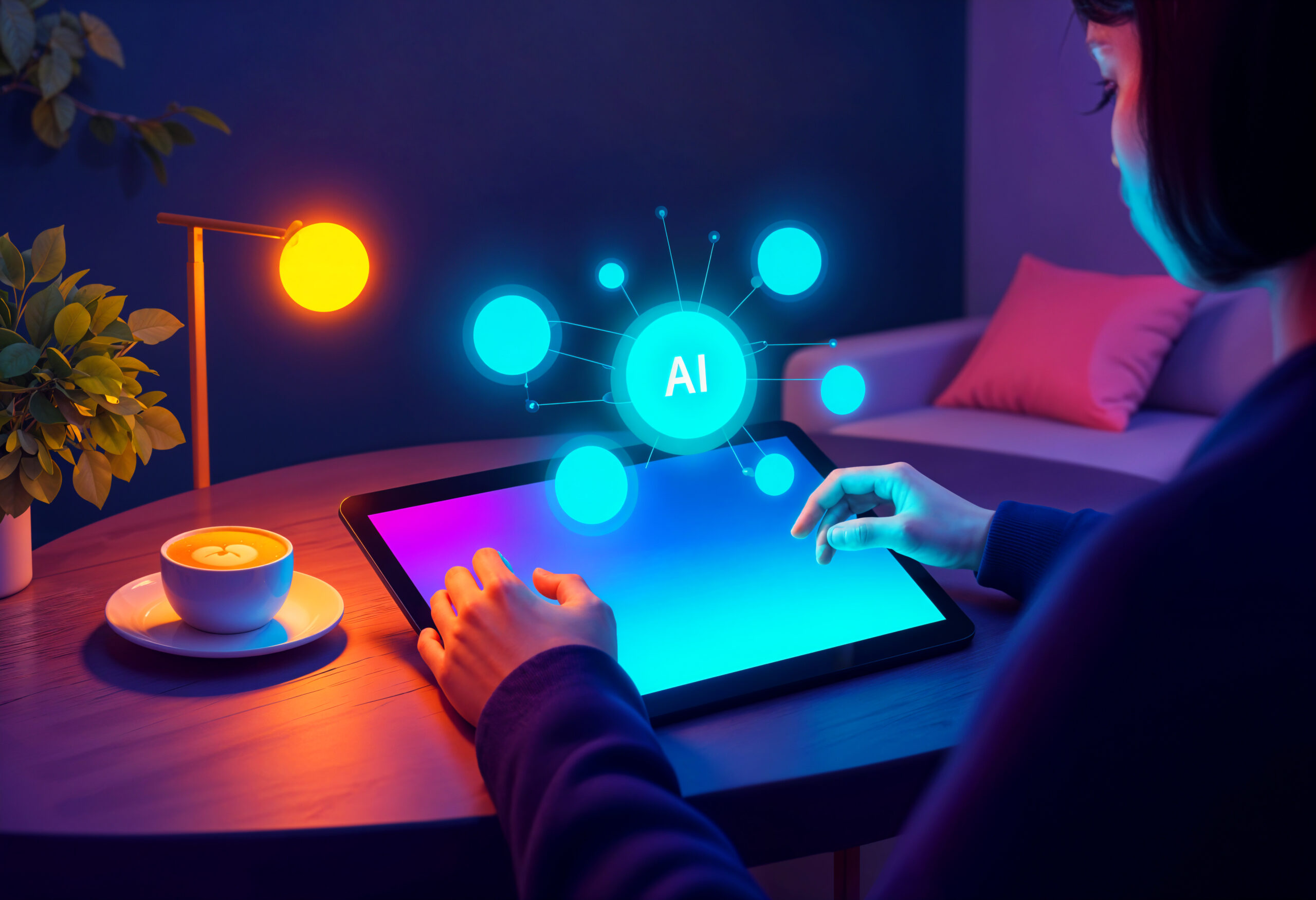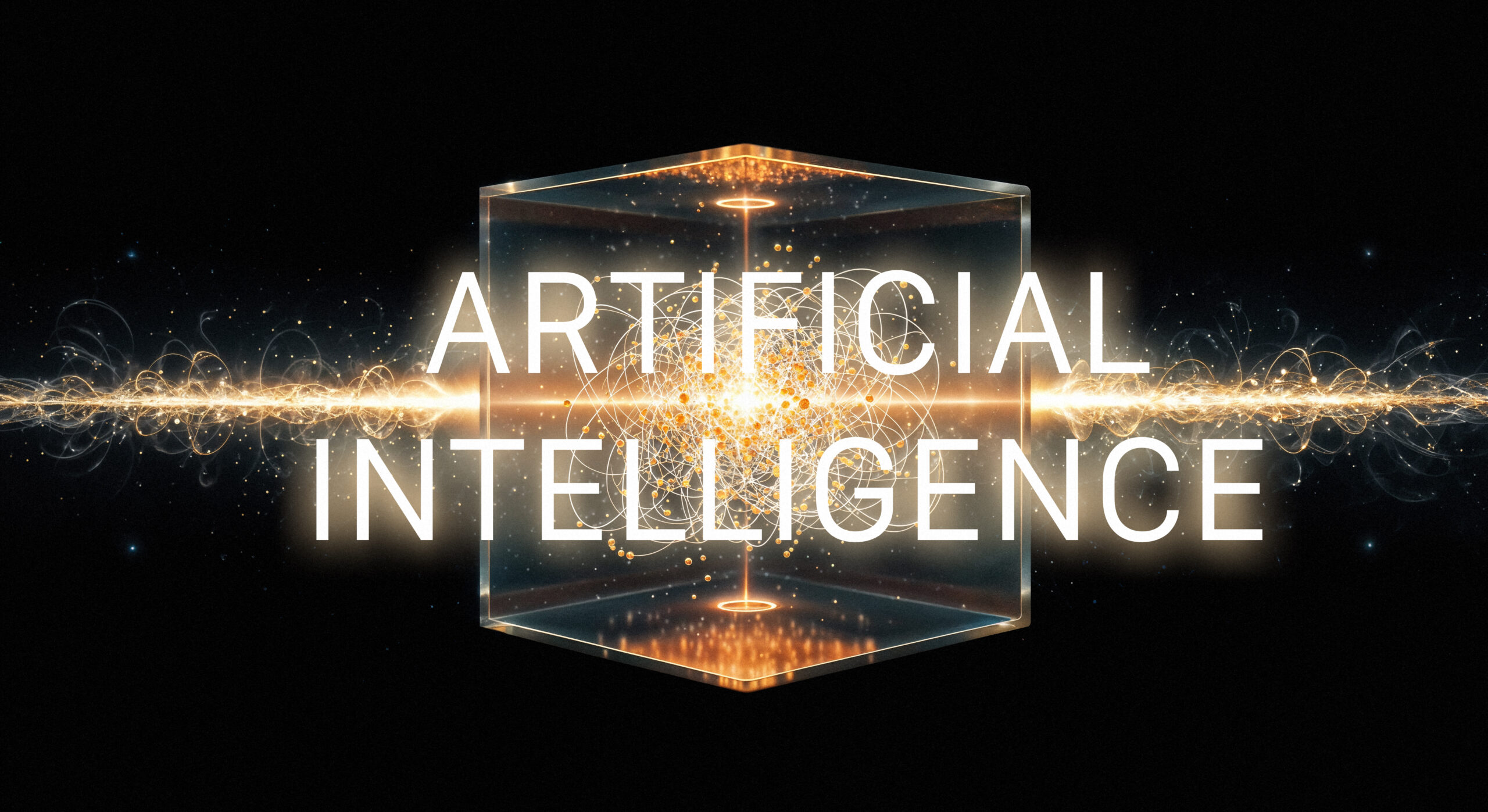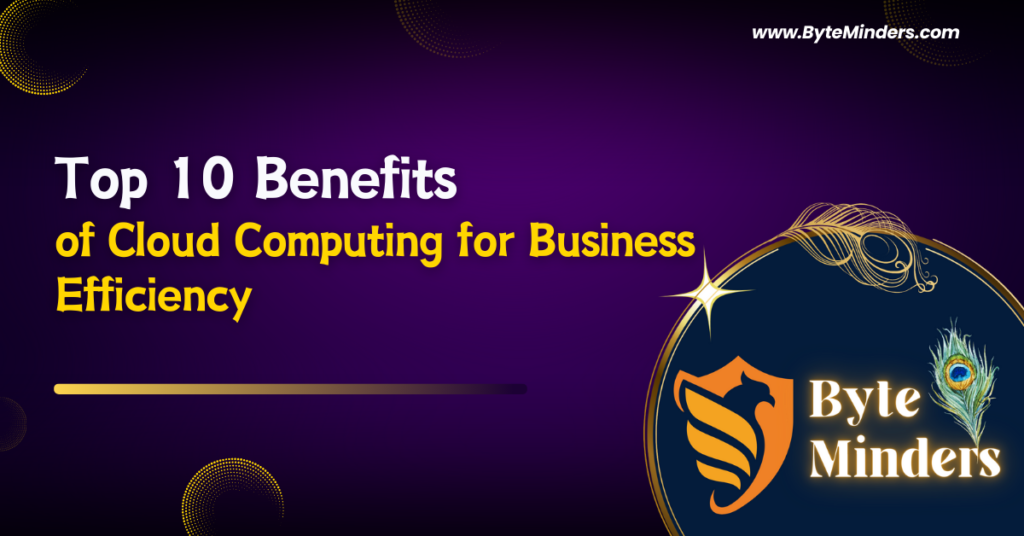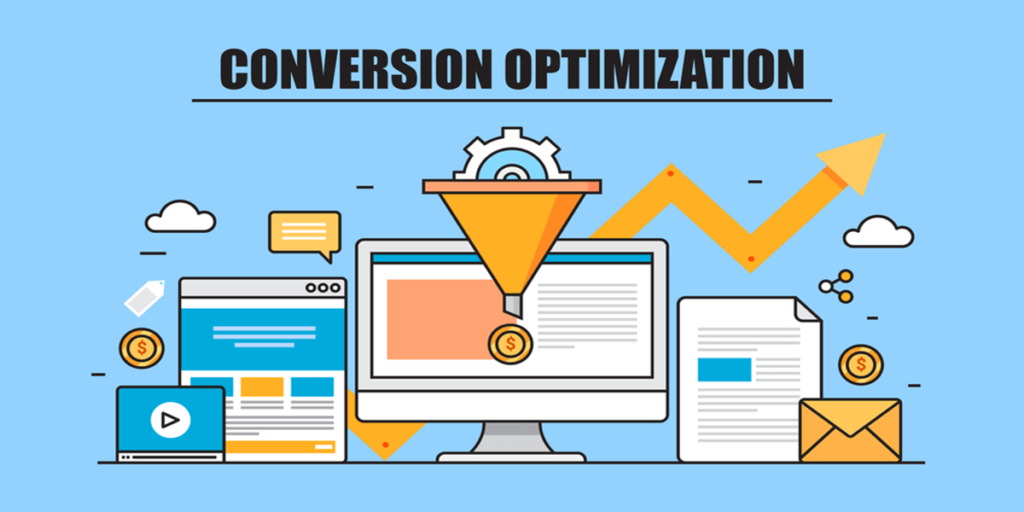The year 2025 is set to become a landmark in the world of artificial intelligence. With technological breakthroughs accelerating at an unprecedented pace, AI Innovations 2025 promise to reshape how we work, live, and interact with machines and each other. From self-learning algorithms to autonomous systems and AI-driven decision-making, the impact will be felt across every major industry around the globe.
In this blog, we’ll explore how AI Innovations 2025 are poised to transform key sectors such as healthcare, finance, manufacturing, retail, education, and transportation—and what this means for professionals, consumers, and the global economy at large.
1. Healthcare: Smarter Diagnosis and Personalized Treatment
One of the most significant transformations brought by AI Innovations 2025 will occur in the healthcare industry. AI is already being used for imaging analysis, disease prediction, and drug development, but in 2025, these technologies will reach new heights.
AI systems will diagnose illnesses faster and more accurately than human doctors, using data from medical records, genetic profiles, and imaging scans. Personalized treatment pla
ns, powered by AI, will be created for patients in real time, leading to better health outcomes and fewer medical errors.
AI Innovations 2025 will also enhance robotic-assisted surgeries, mental health monitoring through wearable AI devices, and predictive analytics for preventing chronic diseases before they develop.
2. Finance: Real-Time Risk Assessment and Fraud Detection
The financial sector is set for a massive overhaul thanks to AI Innovations 2025. Banks and investment firms are rapidly adopting AI to automate everything from customer service to real-time fraud detection.
By 2025, AI will analyze millions of transactions per second to detect anomalies, predict market trends, and manage risk with unmatched accuracy. Chatbots and voice assistants will handle complex customer queries, improving service quality while reducing costs.
Robo-advisors will use AI Innovations 2025 to craft personalized investment strategies, even for small-scale investors, democratizing financial growth opportunities around the world.
3. Manufacturing: Autonomous Factories and Predictive Maintenance
In the manufacturing world, AI Innovations 2025 are set to introduce a new era of smart factories. These factories will run on interconnected AI-powered machines capable of optimizing production, detecting defects, and predicting maintenance needs without human intervention.
Industrial robots will become more adaptable and collaborative, working alongside humans safely and efficiently. AI Innovations 2025 will lead to zero-defect production models, real-time supply chain optimization, and significant reductions in energy consumption.
For companies, this means greater operational efficiency, reduced costs, and improved product quality. For workers, it will mean new roles focused on managing, programming, and maintaining AI-driven systems.
4. Retail: Hyper-Personalization and Smart Inventory Management
Retail is another industry where AI Innovations 2025 will bring major disruption. AI will help businesses offer personalized shopping experiences both online and in-store. By analyzing customer behavior, past purchases, and even facial expressions, AI will recommend products in real time.
Smart inventory systems, powered by AI Innovations 2025, will anticipate demand, automatically restock items, and reduce waste. Virtual fitting rooms, AI-generated fashion designs, and cashier-less checkouts will become the norm.
These advancements will not only improve customer satisfaction but also streamline operations for retailers across the globe.
5. Education: Intelligent Tutoring and Custom Learning Paths
In 2025, classrooms around the world will look vastly different, thanks to AI Innovations 2025. Intelligent tutoring systems will adapt lessons to each student’s learning style, pace, and performance. Teachers will receive insights about individual student progress, helping them intervene more effectively.
Language learning, coding, and STEM education will be enhanced with AI-powered simulations and gamified environments. AI will also help reduce administrative workloads by automating grading, attendance, and curriculum planning.
The democratization of quality education will be one of the greatest contributions of AI Innovations 2025, especially in underserved regions.
6. Transportation: Autonomous Vehicles and Smart Traffic Systems
The transportation sector is already being reshaped by AI, but AI Innovations 2025 will take it to the next level. Self-driving cars, trucks, and delivery drones will become more reliable and widespread, improving road safety and reducing logistics costs.
Smart traffic systems powered by AI Innovations 2025 will optimize signal timings, reduce congestion, and minimize carbon emissions. Ride-sharing services will use AI to match passengers more efficiently and plan better routes.
Urban mobility will become more seamless, affordable, and eco-friendly, contributing to smarter, greener cities.
7. Agriculture: Precision Farming and Automated Monitoring
With the global population continuing to rise, AI Innovations 2025 will play a crucial role in ensuring food security. Farmers will rely on AI tools for precision farming—monitoring soil health, weather patterns, and crop needs in real time.
Drones and satellite imagery, combined with AI analysis, will help detect pests, diseases, and irrigation problems early. Automated machinery will plant, irrigate, and harvest crops with minimal human input, boosting productivity and reducing labor shortages.
AI-powered agricultural models will also help predict food demand, optimize supply chains, and reduce post-harvest losses.
8. Cybersecurity: Predictive Threat Detection and Automated Defense
As digital threats evolve, AI Innovations 2025 will become critical to global cybersecurity. AI systems will proactively identify potential threats, monitor network traffic, and respond to attacks in milliseconds—much faster than human security teams.
AI will also be able to detect insider threats, phishing attempts, and unusual user behavior before any real damage occurs. Companies will integrate AI-driven security protocols to protect customer data, digital assets, and critical infrastructure.
With cyber threats becoming more sophisticated, AI Innovations 2025 will be the first line of defense.
9. Entertainment: Content Creation and Audience Prediction
Entertainment is undergoing an AI-powered transformation. In AI Innovations 2025, content will increasingly be generated by algorithms—from music and art to scripts and marketing campaigns.
Streaming platforms will use AI to predict viewer preferences, recommend content, and even adjust pricing dynamically. AI-generated virtual influencers and characters will become common in advertising and social media.
This will create new creative opportunities, but also raise ethical questions about originality and human creativity.
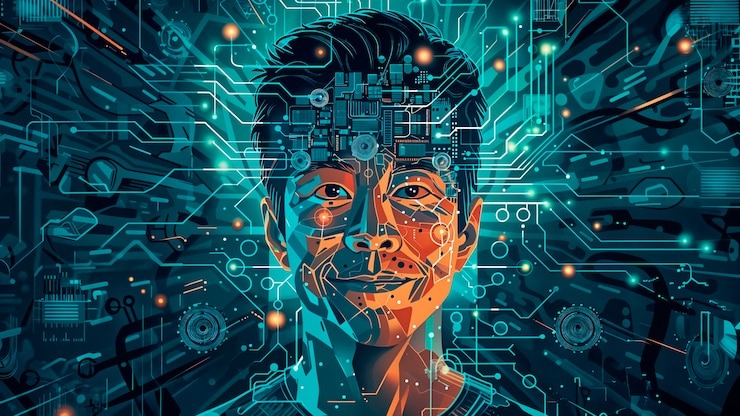
Final Thoughts
AI Innovations 2025 are more than just technological upgrades—they represent a seismic shift in how industries operate. These innovations will improve efficiency, personalize services, and solve some of the world’s most pressing problems.
However, the rise of AI also comes with challenges: job displacement, data privacy, ethical dilemmas, and the need for global regulation. As we embrace these innovations, it’s crucial that businesses, governments, and individuals work together to ensure AI is used responsibly and inclusively.
In short, AI Innovations 2025 will not just transform industries—they will transform the way we live.

